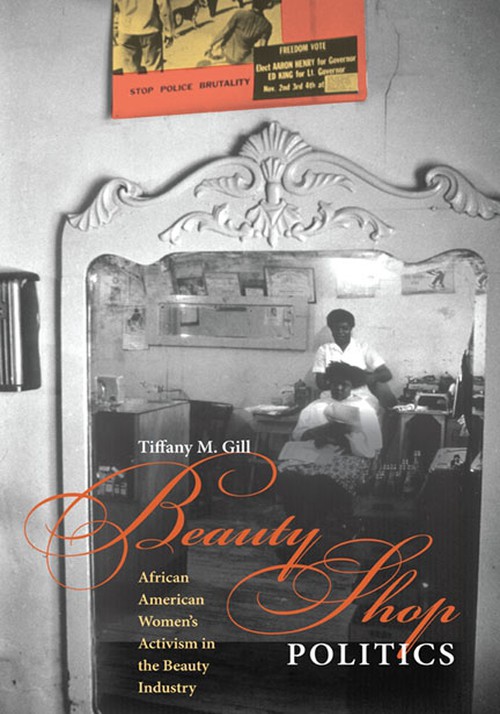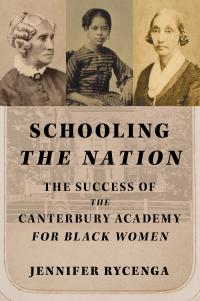
Beauty Shop Politics
Cloth: 03/08/2010
About the Book
Looking through the lens of black business history, Beauty Shop Politics shows how black beauticians in the Jim Crow era parlayed their economic independence and access to a public community space into platforms for activism. Tiffany M. Gill argues that the beauty industry played a crucial role in the creation of the modern black female identity and that the seemingly frivolous space of a beauty salon actually has stimulated social, political, and economic change.From the founding of the National Negro Business League in 1900 and onward, African Americans have embraced the entrepreneurial spirit by starting their own businesses, but black women's forays into the business world were overshadowed by those of black men. With a broad scope that encompasses the role of gossip in salons, ethnic beauty products, and the social meanings of African American hair textures, Gill shows how African American beauty entrepreneurs built and sustained a vibrant culture of activism in beauty salons and schools. Enhanced by lucid portrayals of black beauticians and drawing on archival research and oral histories, Beauty Shop Politics conveys the everyday operations and rich culture of black beauty salons as well as their role in building community.
About the Author
Tiffany M. Gill is an associate professor of Black Studies and history at the University of Delaware.Reviews
"The scope of the material and interdisciplinary scholarship evident throughout the book makes Beauty Shop Politics a comprehensive addition to the bookshelves of women's studies, African-American studies, and entrepreneurial studies, as well as to history, business, and political-science departments. It is a truly interdisciplinary endeavor."--The Chronicle of Higher Education"[Gill] impressively demonstrates how beauticians became an important part of the black economic urban infrastructure. . . . Highly recommended. "--Choice
"A welcome relocation of the discussion of black women's beauty culture."--Women's Review of Books
"A meticulously researched, well-written, and cogently argued book that contributes to scholarship that complicates historiographical boundaries between business history, labor history, history of consumer culture, women's history, and the history of African American political activism."--Journal of American History
"Gill has made a major contribution to our understanding that the beauty industry has been central to African American women's search for economic sufficiency and the struggle for all African Americans' political rights."--American Studies
"Gill's book is important. . . . Beauty Shop Politics ... allows a glimpse into black women's relationships with each other, relationships that are simultaneously professional and intimate, in which black women are both producers and consumers, as well as active creators, on both sides, of spaces that are uniquely their own."--The Journal of Southern History
Blurbs
"A tremendous contribution to African American history. Beauty Shop Politics demonstrates the central role of black women in the history of black business and shows how black businesswomen challenged the dictates of black male leaders in the worlds of black business and civil rights."--Lynn Hudson, author of The Making of "Mammy Pleasant": A Black Entrepreneur in Nineteenth-Century San Francisco










